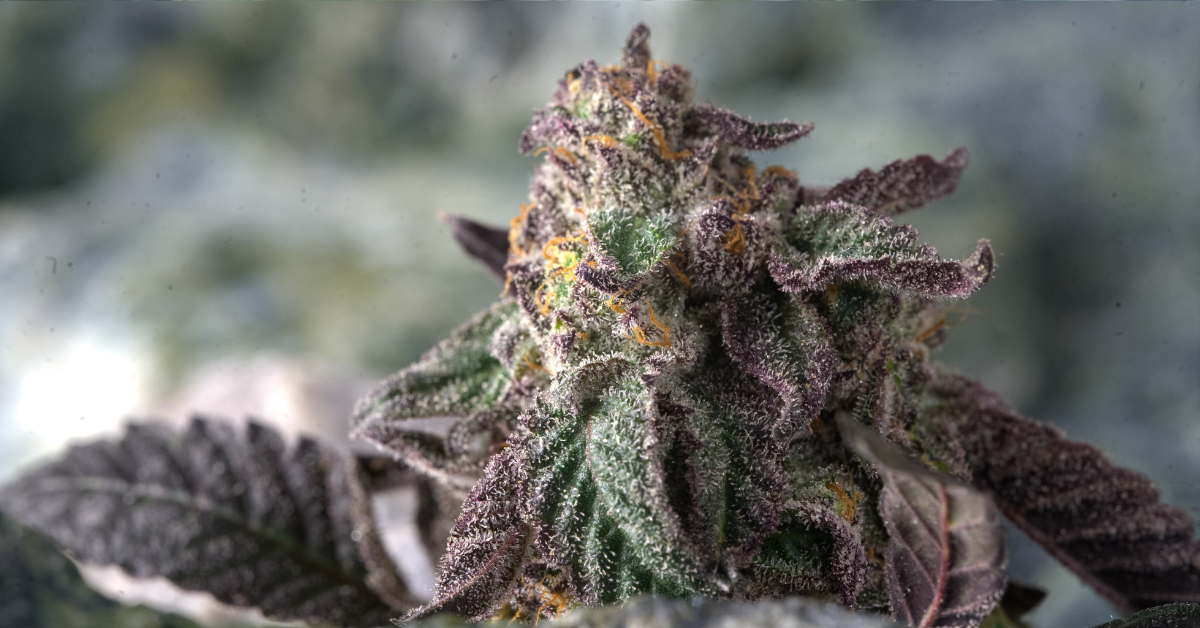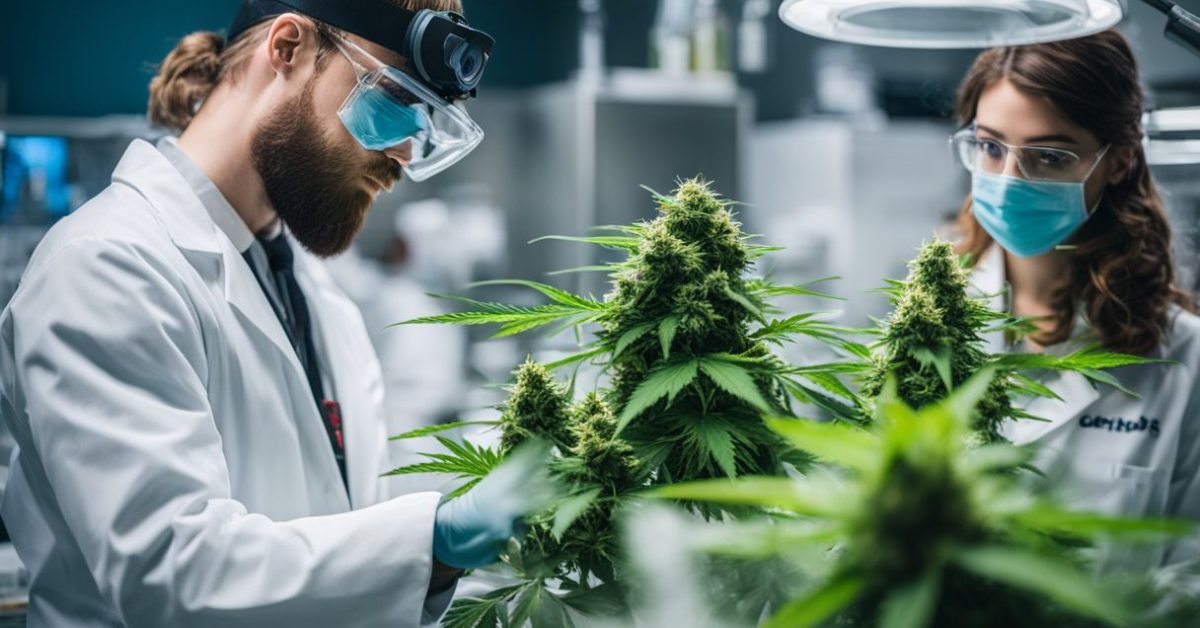
As the cannabis industry expands, testing labs play an essential role in protecting consumers and supporting regulatory compliance. Building a cannabis analytical testing lab involves careful planning, knowledge of local and international standards, and a commitment to scientific accuracy. This guide covers every step needed to get your facility up and running with confidence.
Cannabis analytical testing confirms that products are safe, effective, and meet strict industry requirements. Reliable testing helps identify:
Accurate lab results build trust with consumers and protect your license by demonstrating regulatory responsibility.
Before opening your doors, it’s important to understand the permits and practices your lab must follow. While regulations vary by location, most labs should meet standards like Good Manufacturing Practices (GMP), Good Laboratory Practices (GLP).
Some common requirements include:
Overlooking any of these essentials can delay approval or lead to costly penalties.
Your facility’s location affects zoning, safety, and operational flow. Consider these factors when selecting a property:
Finding the right balance between cost and compliance is crucial at this stage.
A well-planned layout reduces errors, minimizes contamination risks, and supports productivity. A typical cannabis testing lab should include:
Key Areas to Include:
A logical layout ensures samples move smoothly from intake to testing to reporting without unnecessary handling.
Outfitting your lab with high-quality instruments is non-negotiable. Depending on the tests you plan to offer, your shopping list will include:
Invest in reputable brands and budget for maintenance and calibration services to keep equipment accurate.

Even the best equipment is ineffective without skilled professionals to run it. A cannabis testing lab typically employs:
Typical Roles:
Ongoing training keeps your team ready to adapt to changing laws and evolving testing methods.
Quality assurance is at the heart of any reliable lab. Without it, even accurate equipment won’t guarantee consistent results. A good QA system covers:
Clients and inspectors expect your lab to follow these practices as proof of integrity.
Partnering with regulatory consultants, such as MFLRC, can make a significant difference, especially for new businesses. Trusted consultants help by:
Professional guidance can save time and prevent surprises during final approvals.

Many labs face similar obstacles during setup. To protect your investment, watch out for these common mistakes:
Addressing these areas early keeps operations smooth and protects your reputation.
The cost of setting up a cannabis testing lab varies widely. Factors affecting your budget include:
For many labs, total investment can range from several hundred thousand dollars to more than one million. Funding options may include private investors, bank loans, or partnerships with licensed producers.
Before announcing your grand opening, make sure you’ve covered every base. Here’s a quick checklist to guide you:
Completing this checklist helps you start on solid ground and assures your clients that their results are in expert hands.
Building a cannabis analytical testing lab requires a clear plan, trusted equipment, qualified professionals, and strict adherence to legal and quality standards. Although it demands significant time and resources, a properly designed lab serves as a trusted partner to growers, processors, and consumers alike.
If you’re ready to bring your cannabis lab to life, MFLRC can guide you through every stage from planning and licensing to staff training and compliance. Reach out today for a personalized consultation and set your lab on a path to success.
| Disclaimer |
| The above blog post is provided for informational purposes only and has not been tailored to your specific circumstances. This blog post does not constitute legal advice or other professional advice and may not be relied upon as such. |

MFLRC is a one-stop shop for all of your Licensing, quality assurance and compliance needs. Our team has years of experience in the cannabis industry and are experts in all facets. We offer a variety of services that will save you time and money. Let us take the burden off your shoulders so you can focus on what’s important – growing your business.
Contact us Now!
Mussarat Fatima, President, and owner of MF Cannabis License and Regulatory Consultants has more than twenty years of experience in Quality Assurance, Quality Control, and Regulatory Affairs within the pharmaceutical, Food and Cannabis industries. She has a Master’s Degree in Food Sciences and Biochemistry; in addition to this, she also has a diploma in pharmaceutical Quality Assurance, Regulatory Affairs, and Quality Control. Also, she has completed several certifications specifically in Cannabis Quality Assurance, Regulatory Affairs, and Facility management from recognized institutes in Canada.

Written By: Mussarat Fatima
President at MF License & Regulatory Consultants
Website: https://mflrc.com/
Contact: info@mflrc.com